The Neighbours’ Forests
FranceThe project and its challenges
Background
In February 2023, the Maisons du Monde Foundation and the Yves Rocher Foundation launched their first joint initiative, “Collectively committing to tree conservation”. The theme of this call for projects was “mobilising citizens to preserve and restore trees”. After careful consideration, the MDM Foundation and the Yves Rocher Foundation decided to lend their support to the “Les Forêts des Voisins” (Neighbourhood Forests) project of the Forest Commons association.
The project and its challenges
With recent years marked by recurring heatwaves, it is clear to everyone that our urban spaces need to be made greener. This need is particularly acute in the disadvantaged neighbourhoods of large cities, where apartments are less able to withstand such conditions because the external environment is very artificial and susceptible to extreme temperatures due to a lack of green spaces and trees. These neighbourhoods are also the ones that receive the least subsidies and support for vegetation. Forest Commons launched the “Les Forêts des Voisins” project precisely to address these social and climate change challenges.
The project aims to revegetate urban plots of land at the foot of buildings and car parks in Seine-Saint-Denis, Île-de-France. This will involve planting trees, bushes and shrubs, including fruit trees and vegetable patches, to create kitchen gardens and promote local, natural and seasonal products. These new green spaces will create cooler areas conducive to biodiversity (pollinating insects), while helping to stop the spread of opportunistic species such as rats and pigeons.
Forest Commons works closely with the community to ensure that the project is sustainable and stays relevant. Local people will be able to attend preparatory and decision-making meetings so that their comments, ideas and expectations can be heard, and they are involved at each stage of the project.
Objectives:
- Revegetate three pilot locations according to the principles of permaculture and agroforestry.
- Get all ages involved in planting and long-term maintenance. Raise awareness among residents of areas where the environment is not a priority.
- Test, document and shape a generic methodology for urban plantations that can be replicated in different disadvantaged neighbourhoods in the region and across France.
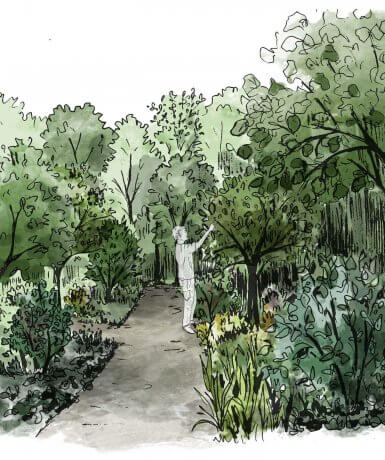
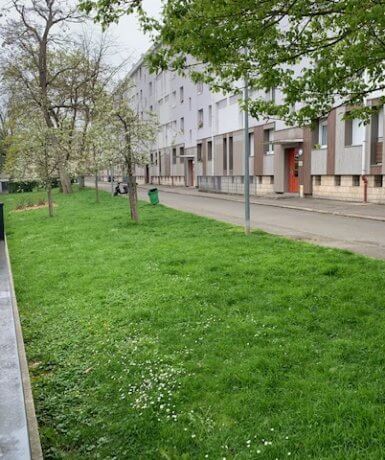
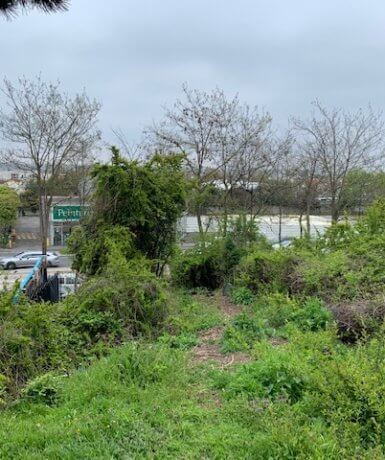
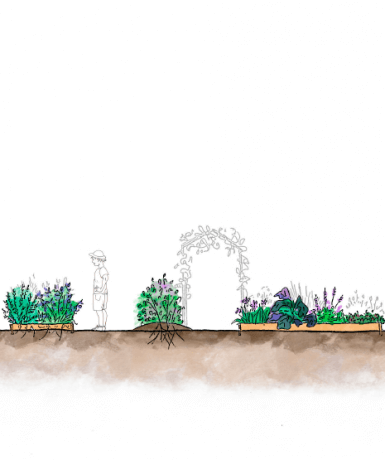
Beneficiaries
The 1000–5000 inhabitants of the sites in question, who collectively undertake to participate in and benefit from the modification of their green spaces. Their surroundings will become more comfortable and provide new opportunities for social interaction.
The project benefits
To be even more relevant and effective on the ground, the Forest Commons association has joined forces with three experienced partners for this project:
- Plaine Commune Habitat, a social housing provider in Seine-Saint-Denis that manages 120 sites and 20,000 residents, providing significant co-financing.
- Bioforêt, a specialist in reforestation, permaculture and agroforestry from the Le Bouchot eco centre.
- VoisinMalin, an association specialising in the social aspect of the priority urban neighbourhoods. It sends teams from the area to talk to residents so they can ask questions to someone they trust.
Project leader Forest Commons
Forest Commons (formerly "Arbres Sauveurs") aims to develop innovative interdisciplinary reforestation, agroforestry and permaculture projects. To help people regain their food independence, the association combines trees, which provide multiple benefits for nature and humans alike, with small-scale agroforestry projects.
Website


 Contact us
Contact us 



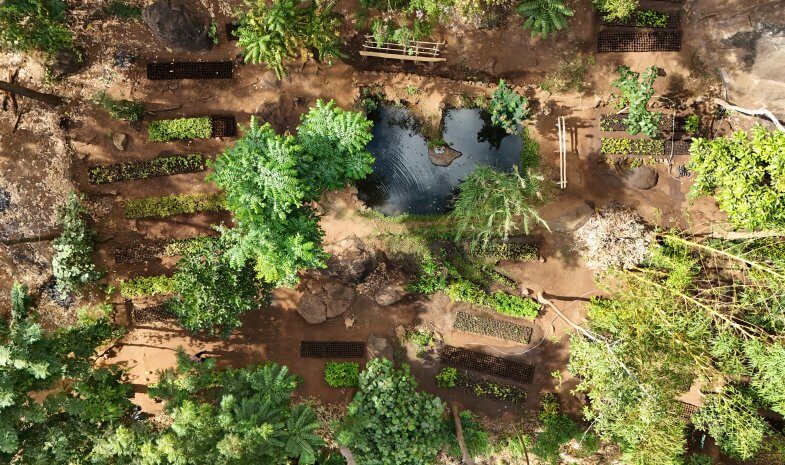
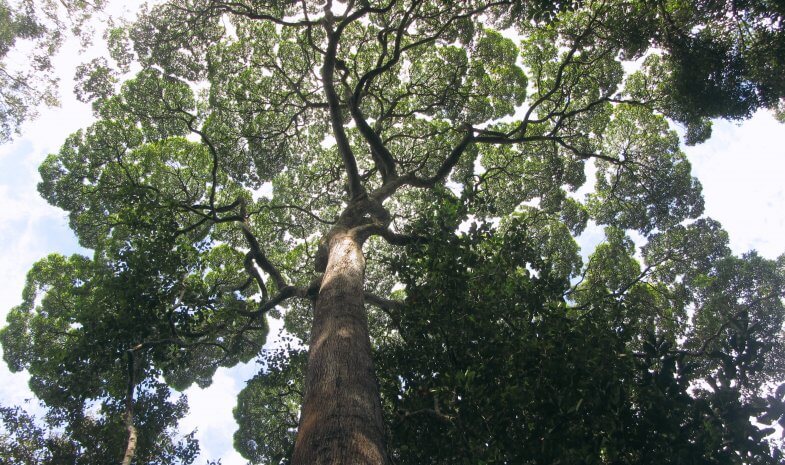
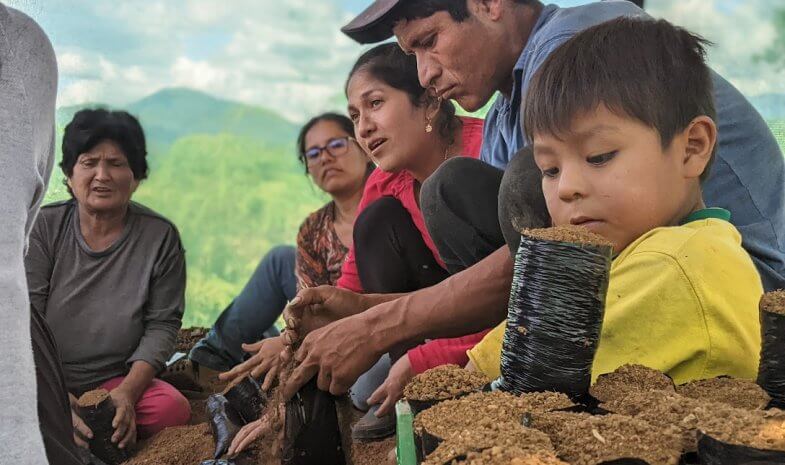
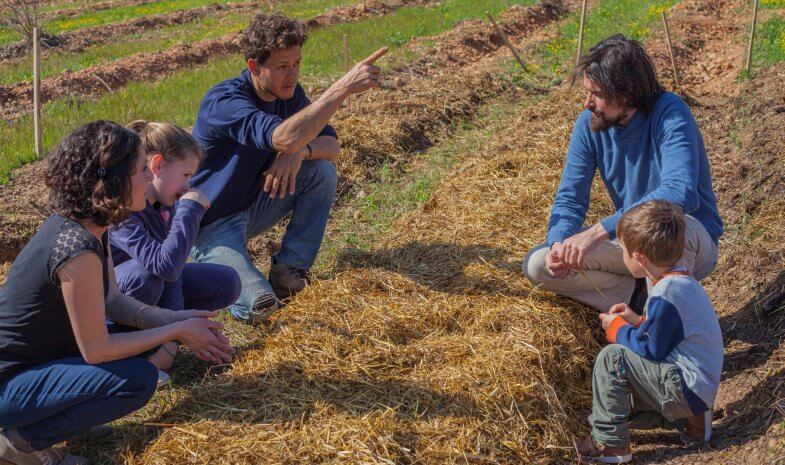
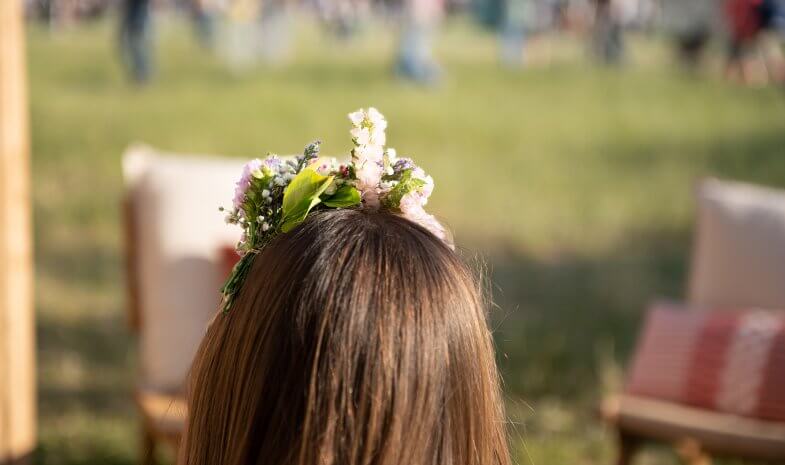
The suburbs are often too functional and concreted over to be beautiful. Small urban green spaces that have been co-designed by residents could change all that. They could enable local people to connect with and reappropriate their land, something we see as a profound and forward-looking political act. That is what this project is all about!
Daniel Rodary Forêts Communes Programme Coordinator